
Sigatoka: The Heart of Fiji's Coral Coast
Sigatoka, a charming town on Fiji's Coral Coast, is a treasure trove of culture, nature, and adventure. Nestled between rolling hills and the Sigatoka River, it offers a blend of mesmerizing landscapes and rich cultural heritage. The town is known for its vibrant markets, where you can savor fresh produce and local crafts. Sigatoka's friendly locals and relaxed atmosphere make it a perfect getaway for travelers seeking an authentic Fijian experience. One of the highlights of Sigatoka is the Sigatoka Sand Dunes National Park. This natural wonder is Fiji's first national park and features impressive sand dunes, some of which are over 60 meters high. The park is also an archaeological site, home to ancient artifacts and pottery. A guided tour through the dunes offers insight into the area's history and stunning views of the coastline. For nature lovers, the Kula Eco Park is a must-visit. This wildlife park is home to a variety of native Fijian animals, including the colorful and rare Kula parrots. The park's lush surroundings and well-maintained trails make it an ideal spot for a leisurely stroll. Adventure seekers can also enjoy activities like zip-lining and bird watching. History buffs will appreciate a trip to the Tavuni Hill Fort, a historic site that provides a glimpse into Fiji's past. The fort, perched on a hilltop, offers panoramic views of the Sigatoka Valley. The site is well-preserved and provides a fascinating look at traditional Fijian defensive structures and village life. Sigatoka is also a gateway to some of Fiji's most beautiful beaches. Natadola Beach, with its soft white sand and clear blue waters, is perfect for swimming, snorkeling, and sunbathing. The nearby Coral Coast is renowned for its vibrant coral reefs, making it a popular spot for diving and snorkeling enthusiasts.
Local tips in Sigatoka
- Visit the Sigatoka Market early in the morning for the freshest produce and a chance to interact with local vendors.
- Wear comfortable shoes and bring plenty of water when visiting the Sigatoka Sand Dunes National Park, as the terrain can be challenging.
- At Kula Eco Park, take the guided tour to learn more about the conservation efforts and get up close with the native wildlife.
- For a more serene beach experience, visit Natadola Beach during weekdays when it's less crowded.
- Hire a local guide for the Tavuni Hill Fort to get deeper insights into the historical significance of the site.
Sigatoka: The Heart of Fiji's Coral Coast
Sigatoka, a charming town on Fiji's Coral Coast, is a treasure trove of culture, nature, and adventure. Nestled between rolling hills and the Sigatoka River, it offers a blend of mesmerizing landscapes and rich cultural heritage. The town is known for its vibrant markets, where you can savor fresh produce and local crafts. Sigatoka's friendly locals and relaxed atmosphere make it a perfect getaway for travelers seeking an authentic Fijian experience. One of the highlights of Sigatoka is the Sigatoka Sand Dunes National Park. This natural wonder is Fiji's first national park and features impressive sand dunes, some of which are over 60 meters high. The park is also an archaeological site, home to ancient artifacts and pottery. A guided tour through the dunes offers insight into the area's history and stunning views of the coastline. For nature lovers, the Kula Eco Park is a must-visit. This wildlife park is home to a variety of native Fijian animals, including the colorful and rare Kula parrots. The park's lush surroundings and well-maintained trails make it an ideal spot for a leisurely stroll. Adventure seekers can also enjoy activities like zip-lining and bird watching. History buffs will appreciate a trip to the Tavuni Hill Fort, a historic site that provides a glimpse into Fiji's past. The fort, perched on a hilltop, offers panoramic views of the Sigatoka Valley. The site is well-preserved and provides a fascinating look at traditional Fijian defensive structures and village life. Sigatoka is also a gateway to some of Fiji's most beautiful beaches. Natadola Beach, with its soft white sand and clear blue waters, is perfect for swimming, snorkeling, and sunbathing. The nearby Coral Coast is renowned for its vibrant coral reefs, making it a popular spot for diving and snorkeling enthusiasts.
When is the best time to go to Sigatoka?
Iconic landmarks you can’t miss
OUTRIGGER Fiji Beach Resort
Experience the ultimate tropical getaway at Outrigger Fiji Beach Resort, where luxury meets the beauty of Fiji's coral coast.
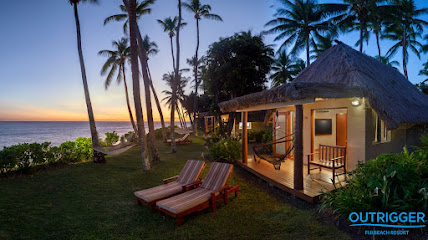
Sri Siva Subramaniya Swami Temple
Experience the vibrant beauty and spiritual tranquility of Sri Siva Subramaniya Swami Temple in Nadi, Fiji's iconic Hindu architectural gem.
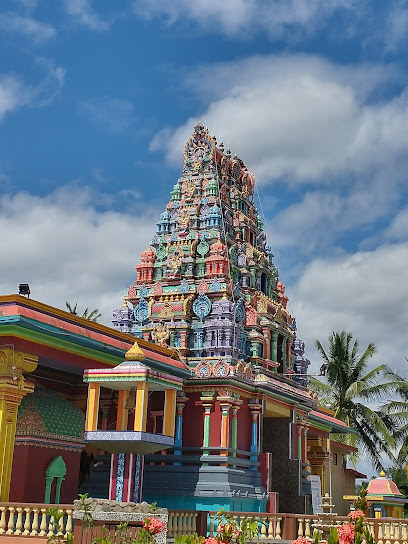
Sigatoka Market
Discover the heart of Sigatoka at its bustling market, where fresh produce, local crafts, and authentic flavors come together in a vibrant cultural experience.
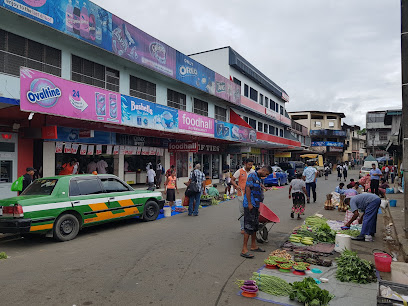
Garden of the Sleeping Giant
Explore the breathtaking Garden of the Sleeping Giant, a tropical botanical paradise in Fiji, showcasing thousands of orchid species and lush landscapes.
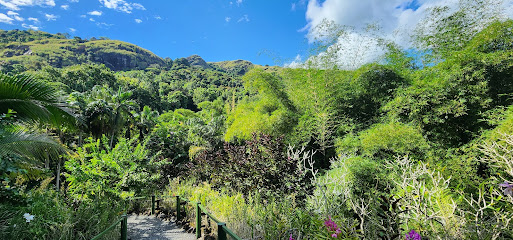
Kula WILD Adventure Park
Discover the thrill of wildlife adventures and family fun at Kula WILD Adventure Park in beautiful Korotogo, Fiji.
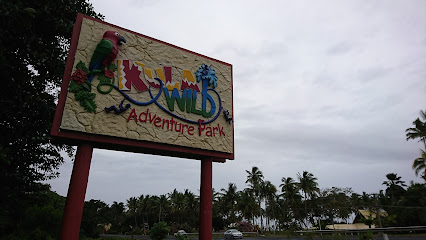
Fiji Hideaway Resort and Spa
Discover the ultimate Fijian escape at Fiji Hideaway Resort and Spa, where relaxation meets adventure in a tropical paradise.

Sigatoka Sand Dunes National Park - Visitor Information Center
Explore the breathtaking Sigatoka Sand Dunes National Park, a national park showcasing Fiji's unique ecosystem and rich cultural heritage.
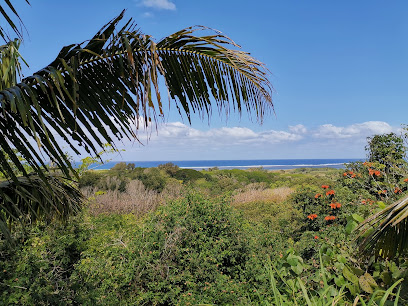
Sabeto Hot Spring Mud Pool and Tours
Discover the rejuvenating Sabeto Hot Spring and Mud Pool in Fiji, where relaxation meets natural beauty in a tropical paradise.
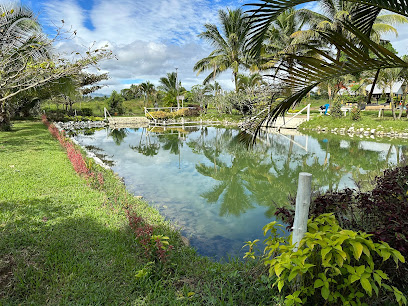
Koroyanitu National Park
Explore the breathtaking landscapes of Koroyanitu National Park, a paradise of nature and culture in Fiji with stunning trails and rich wildlife.
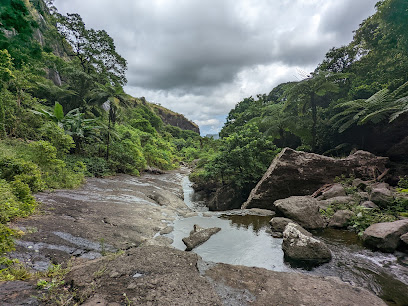
Gecko's Resort
Experience the enchanting beauty of Fiji at Gecko's Resort, where relaxation and adventure await on the stunning Coral Coast.

The Crow's Nest Resort
Experience the ultimate tropical getaway at The Crow's Nest Resort, where luxury meets the stunning beauty of Fiji's coastline.

Tambua Sands Beach Resort
Discover the serenity of Tambua Sands Beach Resort on Fiji's Coral Coast, where relaxation meets adventure in a tropical paradise.

Diveaway Fiji
Explore the vibrant underwater world of Fiji with Diveaway Fiji, offering unforgettable diving experiences amidst stunning coral reefs and marine life.
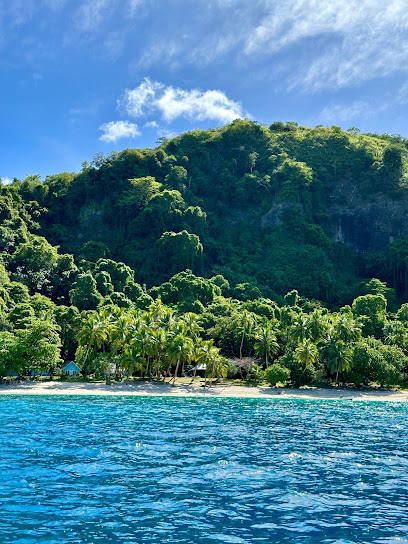
Sigatoka River Safari
Experience the beauty of Fiji with a river safari that combines stunning landscapes, cultural immersion, and unforgettable adventures on the Sigatoka River.
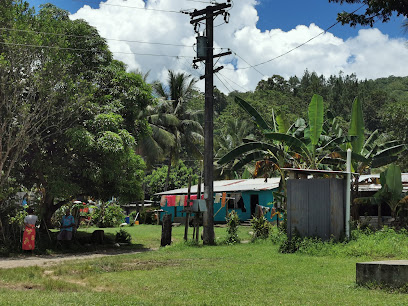
Shivas Wine & Dine
Experience the flavors of Fiji at Shivas Wine & Dine in Sigatoka, where exceptional cuisine meets warm hospitality in a cozy setting.
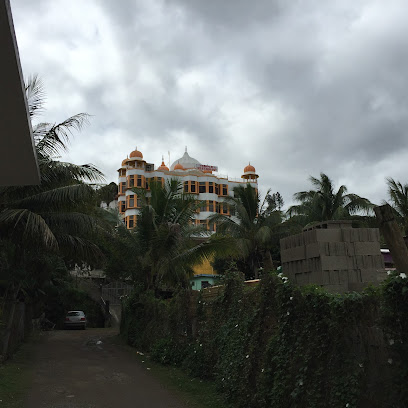
Unmissable attractions to see
Port Denarau Marina
Explore Fiji's outer islands from Denarau Marina, a vibrant hub with dining, shopping, and cultural experiences just 20 minutes from Nadi Airport.
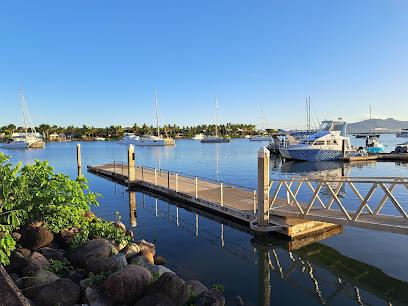
Sri Siva Subramaniya Swami Temple
Discover the largest Hindu temple in the Southern Hemisphere, a vibrant masterpiece of Dravidian architecture in the heart of Nadi, Fiji.
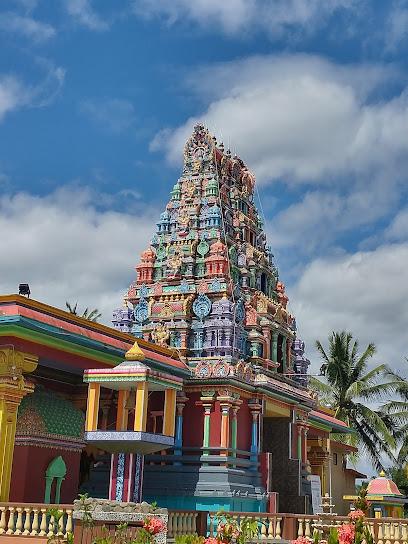
Garden of the Sleeping Giant
Discover a tranquil oasis of orchids and native flora at the Garden of the Sleeping Giant, a serene escape near Nadi, Fiji.
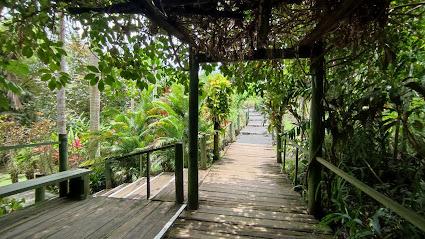
South Sea Cruises
Your gateway to Fiji's stunning Mamanuca and Yasawa Islands, offering day cruises and island resort transfers from Port Denarau.
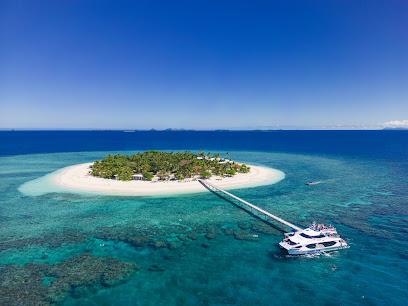
Kula WILD Adventure Park
Discover Fiji's unique wildlife and cultural heritage at Kula WILD Adventure Park, an eco-friendly adventure for the whole family.
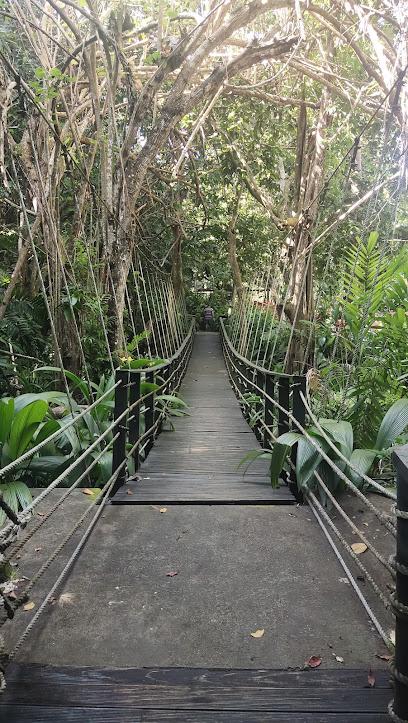
Big Bula Waterpark
Denarau Island's ultimate water adventure: slides, splashes, and fun for the whole family at Big Bula Waterpark!
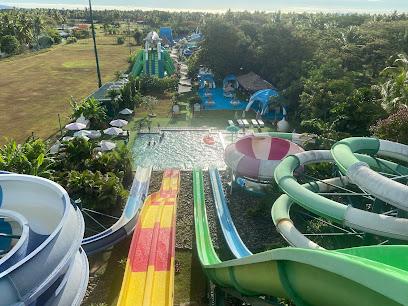
Sabeto Hot Spring Mud Pool and Tours
Rejuvenate in Fiji's Sabeto Valley with therapeutic mud baths and hot springs, a natural spa experience steeped in local tradition.
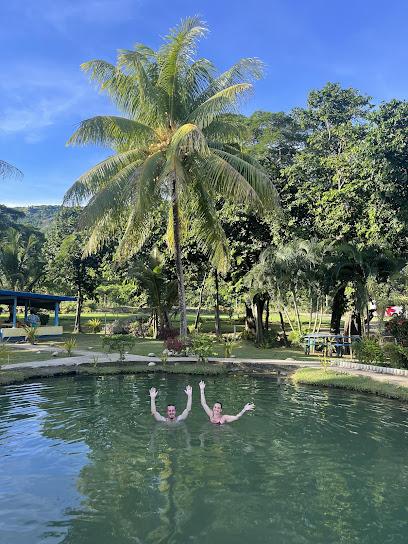
Sigatoka Sand Dunes National Park - Visitor Information Center
Discover Fiji's unique blend of natural beauty and ancient history at Sigatoka Sand Dunes National Park.
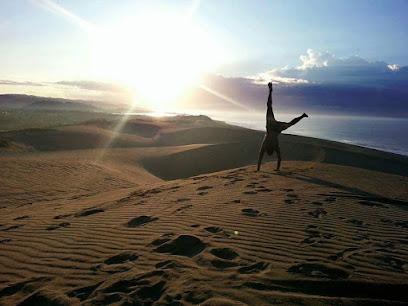
Robinson Crusoe Island Tours
Discover Likuri Island: A blend of Fijian culture, history, and natural beauty awaits off the Coral Coast, offering immersive experiences and relaxation.
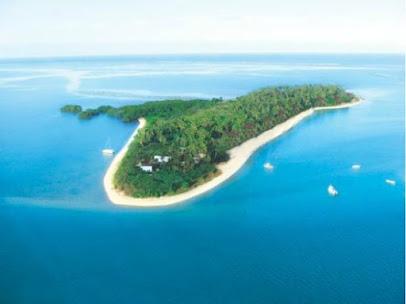
Captain Cook Cruises Fiji
Explore Fiji's stunning islands and vibrant culture with Captain Cook Cruises from Port Denarau. Unforgettable South Pacific adventures await!
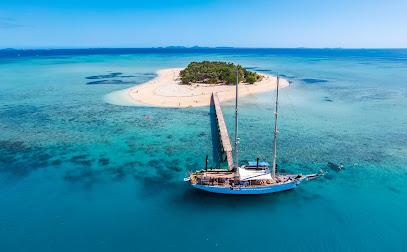
Fiji Culture Village
Experience Fiji's vibrant traditions: culture, crafts, dance, and cuisine await at the Fiji Culture Village near Nadi.
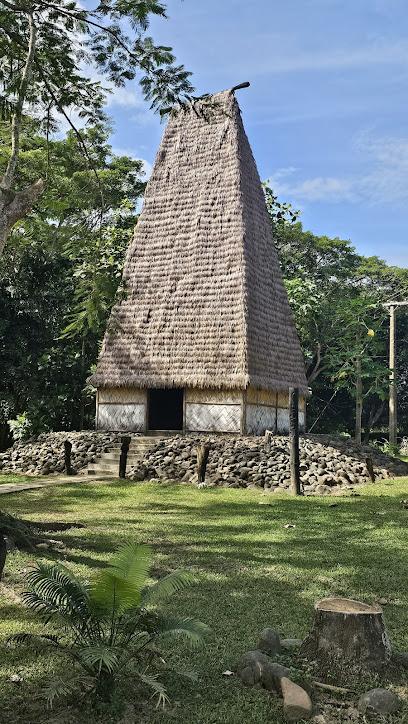
Lawaqa Park
Experience the heart of Sigatoka's community and sporting culture at Lawaqa Park, a vibrant green space perfect for relaxation and local engagement.
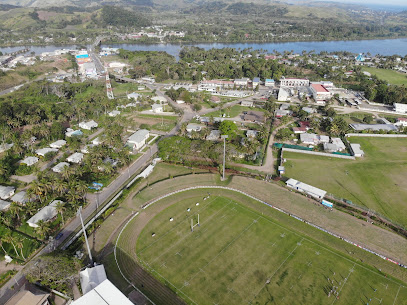
Sigatoka River Safari
Experience Fiji's heart and soul with a thrilling jet boat ride and immersive cultural exchange on the Sigatoka River Safari.
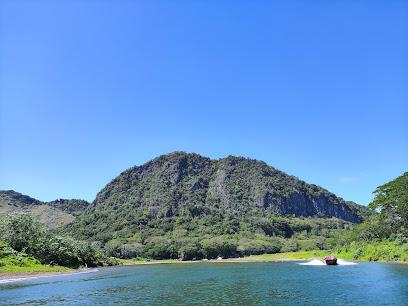
Valentine Tours Fiji
Discover the beauty of Fiji with Valentine Tours, your go-to travel agency for personalized tours and transportation services in Nadi.

Whale's Tale Cruises Fiji
Experience an unforgettable Fijian island escape with Whale's Tale Cruises, offering all-inclusive day trips to private island paradises from Denarau Marina.
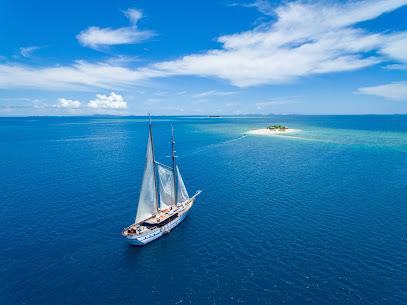
Essential places to dine
Sitar Indian & Thai Restaurant, Korotogo
Experience the vibrant flavors of India and Thailand at Sitar Indian & Thai Restaurant in beautiful Korotogo.
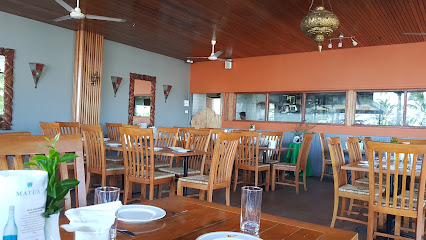
Craig's Place Diner FIJI
Discover authentic Fijian flavors at Craig's Place Diner on Coral Coast - where every meal feels like home.
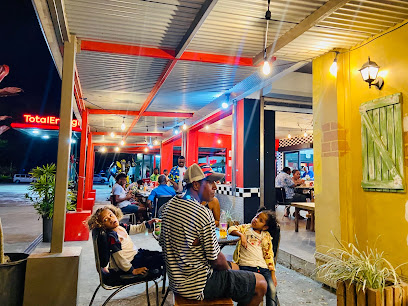
Beach Bar & Grill, Fijian Thai & French Restaurant
Experience exquisite Fijian Thai and French cuisine at Beach Bar & Grill with stunning sunset views on Sunset Strip in Sigatoka.
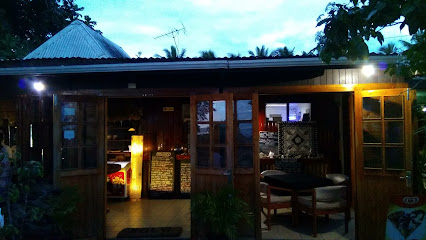
Sundowner Bar & Grill
Experience exquisite Fijian cuisine and breathtaking ocean views at Sundowner Bar & Grill within Outrigger Fiji Beach Resort.
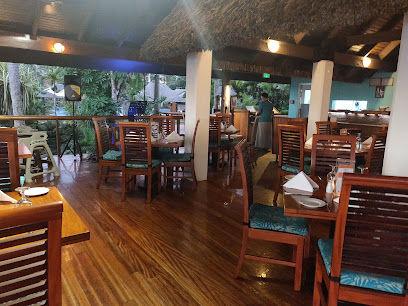
Crab Shack Fiji
Discover culinary paradise at Crab Shack Fiji - where fresh seafood meets stunning coastal views in Korotogo.
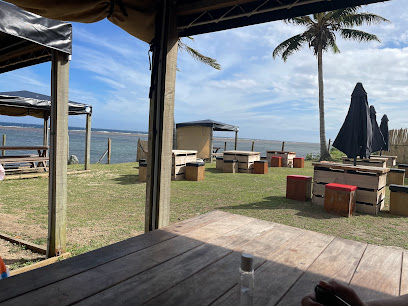
Cuppabula Cafe & Bar (Tappoo)
Experience authentic Fijian cuisine and vibrant atmosphere at Cuppabula Cafe & Bar in Sigatoka.
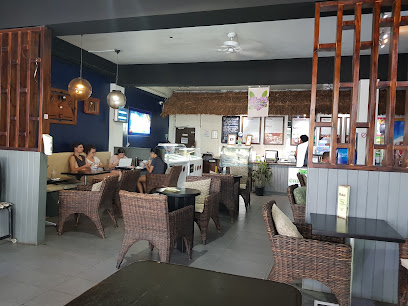
Chicken Express
Discover the taste of Fiji at Chicken Express - where delicious meals meet friendly service in Sigatoka.
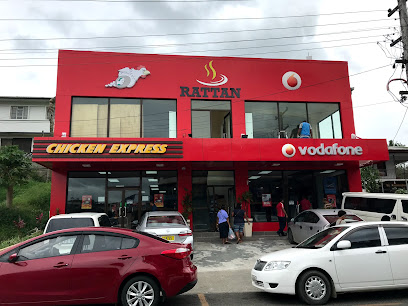
Shivas Wine & Dine
Experience exquisite dining at Shivas Wine & Dine in Sigatoka - where local flavors meet international cuisine in a stunning setting.
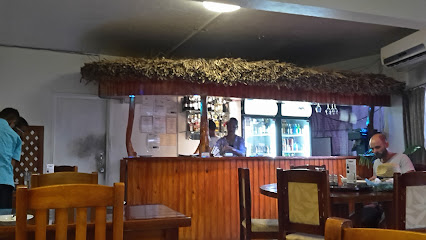
The Junction Cafe and Restaurant
Experience authentic Chinese cuisine at The Junction Cafe and Restaurant in Cuvu – where every meal is a delightful journey.
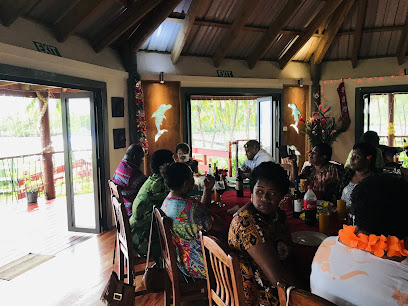
The Tipsy Italian (FIJI)
Experience authentic Italian flavors at The Tipsy Italian in Fiji's Coral Coast - where every pizza tells a story amidst tropical paradise.
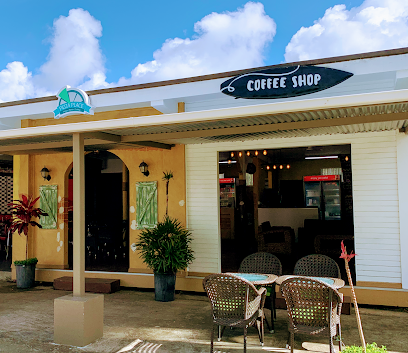
Flying Fin Restaurant n' Bar Fiji
Experience exceptional dining at Flying Fin Restaurant n' Bar on Fiji's Coral Coast with stunning ocean views and a diverse menu.
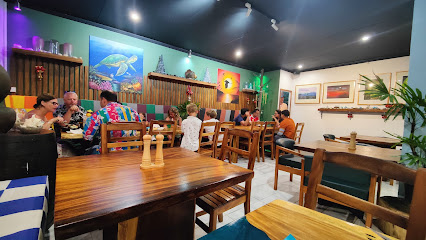
Ocean Terrace Restaurant at Bedarra Beach Inn
Experience exquisite dining with ocean views at Ocean Terrace Restaurant in Coral Coast, Fiji - where culinary delights meet breathtaking scenery.
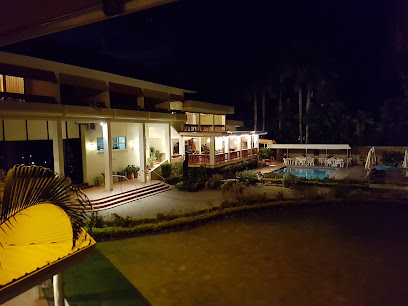
Neels Restaurant
Experience authentic Fijian cuisine at Neels Restaurant in Sigatoka – where local flavors meet casual dining.
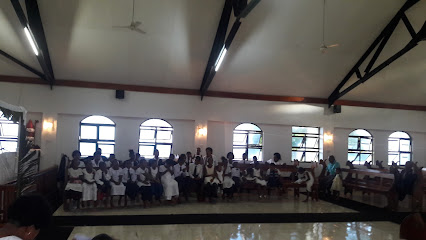
Busy Bees Bar & Cafe
Experience the vibrant flavors of Fiji at Busy Bees Bar & Cafe in Cuvu – where delicious food meets warm hospitality.
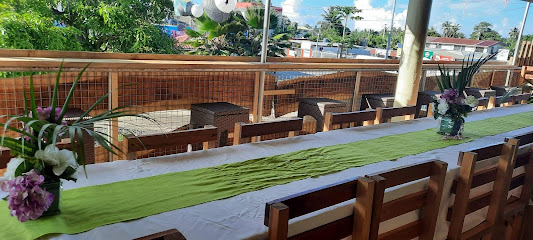
Sinbad Pizza
Experience mouth-watering pizzas at Sinbad Pizza in Korotogo—where fresh ingredients meet breathtaking ocean views.
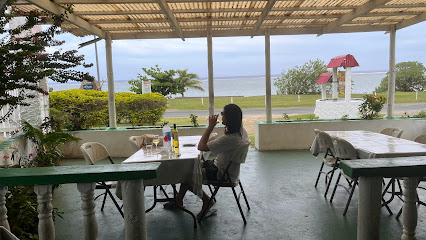
Markets, malls and hidden boutiques
Sigatoka Market
Experience the vibrant culture and flavors at Sigatoka Market, a bustling hub for fresh produce, local crafts, and delicious street food in Fiji.
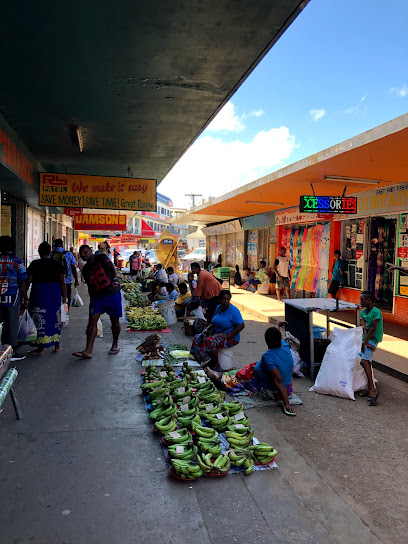
B L Naidu Supermarket
Explore the vibrant flavors of Fiji at B L Naidu Supermarket, a beloved grocery store in Sigatoka offering fresh local produce and unique products.
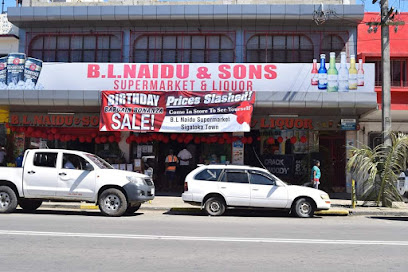
Tappoo Sigatoka Shop
Explore the Tappoo Sigatoka Shop for a unique shopping experience that combines local culture with international flair in the heart of Fiji.
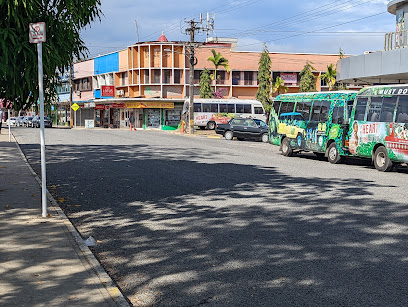
Shop & Save
Discover the best of local grocery shopping at Shop & Save in Sigatoka, where fresh produce meets Fijian culinary delights.
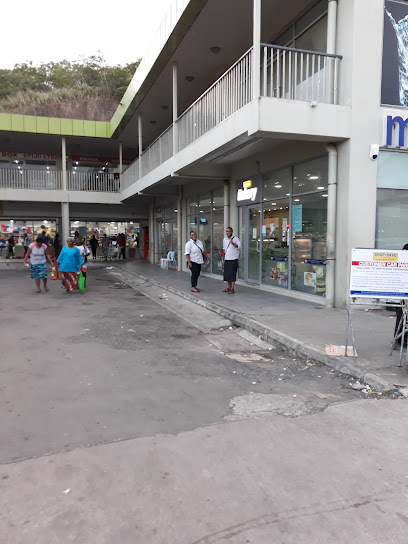
Jack's
Explore the vibrant styles of Fiji at Jack's, the ultimate clothing store in Sigatoka, perfect for capturing the essence of island life.
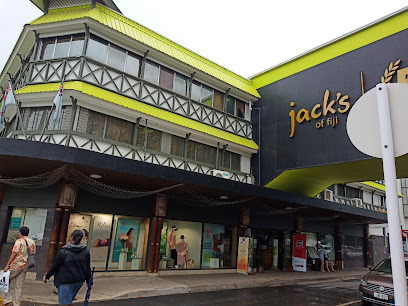
Pacific Green
Explore Pacific Green in Cuvu for exquisite, locally crafted luxury furniture that embodies Fijian artistry and style.

Vansh Investment Bottle Shop
Explore the vibrant flavors of Fiji at Vansh Investment Bottle Shop, your go-to liquor store in Sigatoka for local and international beverages.
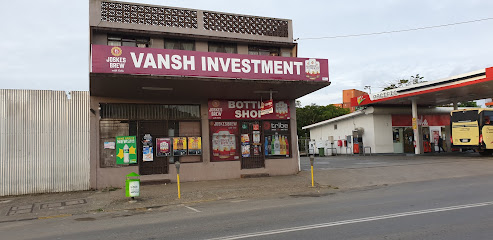
Nakabuta - Lapita Pottery Village
Discover the rich heritage of Lapita pottery in Sigatoka at Nakabuta - a vibrant craft store celebrating Fijian artistry.
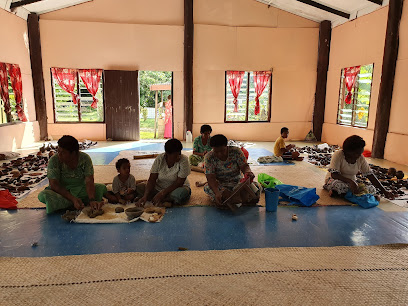
Satini Florals
Experience the beauty of Fiji at Satini Florals, where vibrant blooms and unique arrangements bring a touch of paradise to every occasion.
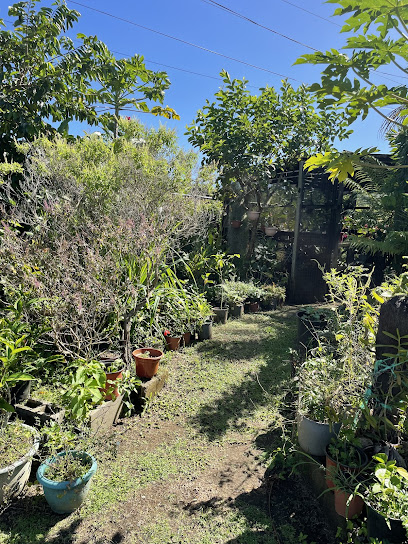
Courts Sigatoka
Explore Courts Sigatoka for quality home goods that embody the vibrant Fijian spirit, making your shopping experience memorable and enjoyable.
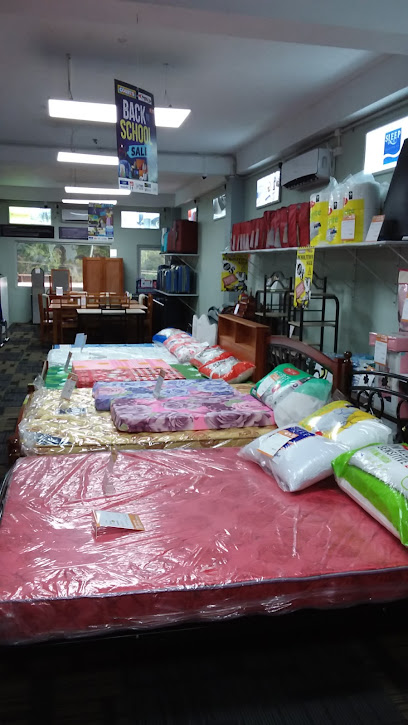
M.H Supermarket
Explore local flavors and essentials at M.H Supermarket in Sigatoka - your go-to grocery store for authentic Fijian products.
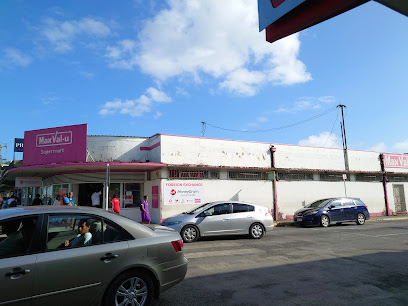
MAMP SAVE 2 SAVE SUPERMARKET
Discover the essence of Fiji at MAMP SAVE 2 SAVE SUPERMARKET, where local flavors and international goods meet in Sigatoka.

Korotogo Souvenir Centre
Explore the Korotogo Souvenir Centre for authentic Fijian crafts and unique gifts that reflect the rich culture and traditions of Fiji.
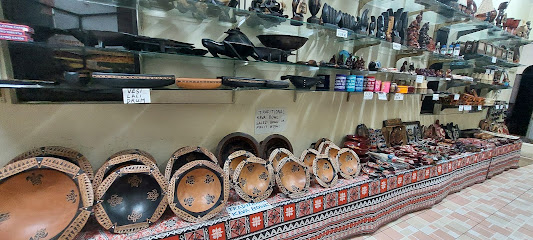
SK Davey (Sigatoka) Ltd
Explore SK Davey (Sigatoka) Ltd for an artistic adventure in the heart of Sigatoka, Fiji - your gateway to vibrant colors and local culture.

Subrails
Discover a unique blend of style and functionality at Subrails, Sigatoka's premier furniture and appliance store offering quality products and exceptional service.

Essential bars & hidden hideouts
Beach Bar & Grill, Fijian Thai & French Restaurant
Experience a culinary journey at Beach Bar & Grill, where Fijian, Thai, and French flavors meet breathtaking sunset views in Sigatoka.
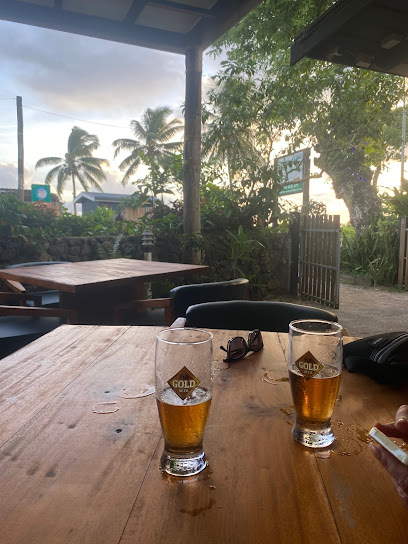
Sundowner Bar & Grill
Experience the vibrant flavors of Fiji at Sundowner Bar & Grill, where exquisite dining meets stunning ocean views.
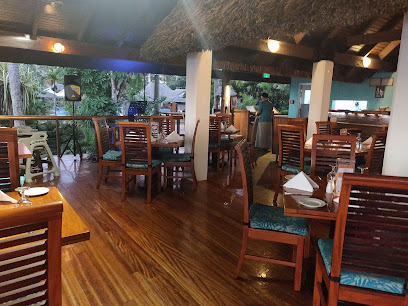
Cuppabula Cafe & Bar (Tappoo)
Experience the flavors of Fiji at Cuppabula Cafe & Bar, where local ingredients meet warm hospitality in the heart of Sigatoka.
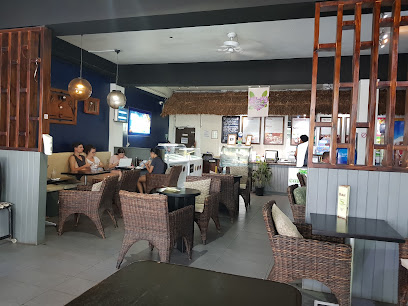
Shivas Wine & Dine
Experience the culinary delights of Sigatoka at Shivas Wine & Dine, where local flavors meet international cuisine in a charming setting.
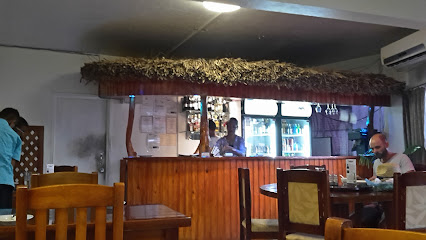
Naidu's South Indian Restaurant
Experience the authentic taste of South India at Naidu's Restaurant in Sigatoka, offering a delightful array of traditional dishes.
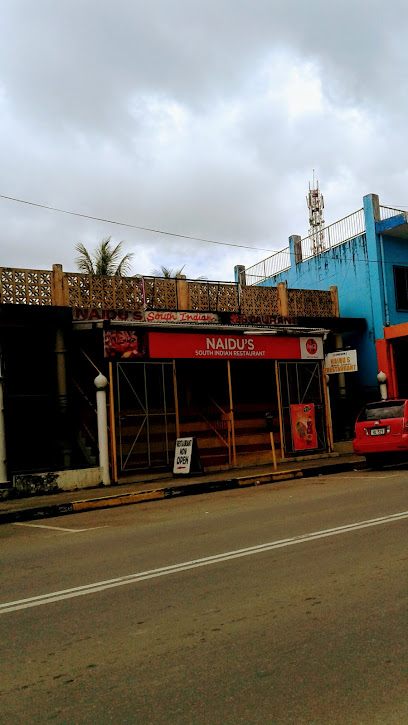
Raj's Curry House
Explore Raj's Curry House in Sigatoka for an authentic Indian dining experience filled with rich flavors and warm hospitality.
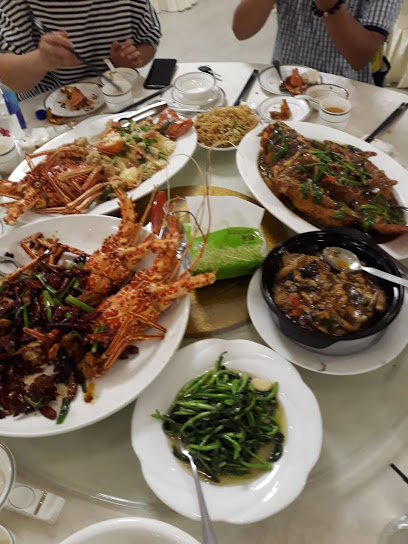
King Singh Wine & Dine
Experience the vibrant flavors of Fiji at King Singh Wine & Dine, a family-friendly restaurant in Sigatoka that offers a delightful fusion of local and international cuisine.
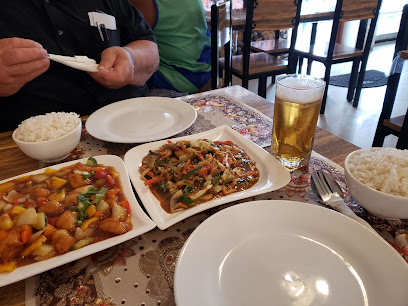
Beenooz seafood restaurant
Discover the best seafood delights at Beenooz Seafood Restaurant in Sigatoka, where freshness meets local flavor in a welcoming atmosphere.
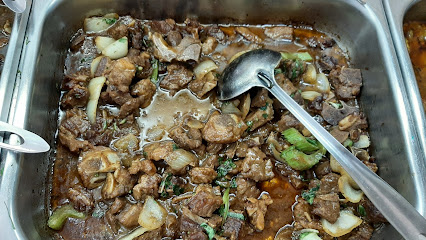
True Blue Hotel
Discover the taste of Fiji at True Blue Hotel, a perfect blend of hospitality and local cuisine in the heart of Sigatoka.
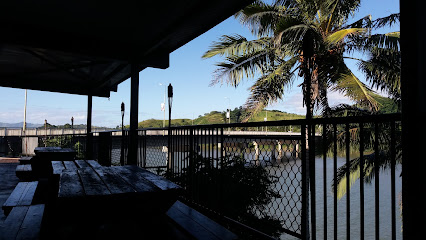
Lucky Corner Restaurant
Discover fast food with a twist at Lucky Corner Restaurant in Sigatoka, where local flavors meet international favorites for a delightful dining experience.
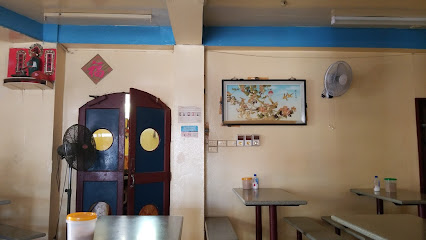
Vilisite's Ice Cream Bar
Experience a delightful selection of ice cream and fast food at Vilisite's Ice Cream Bar in Sigatoka, Fiji, perfect for tourists seeking a sweet treat.
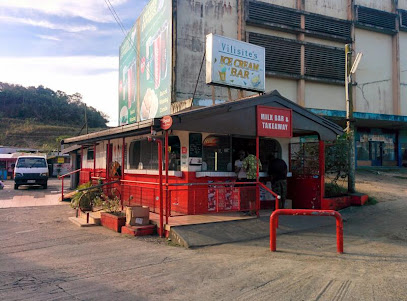
Naidiri Seafood and Mai Kana Restaurant
Discover the flavors of Fiji at Naidiri Seafood and Mai Kana Restaurant, where fresh seafood and local traditions meet in a stunning coastal setting.
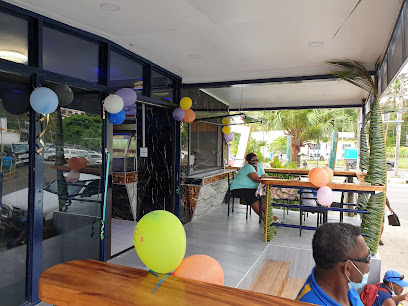
The Talanoa Bar
Discover The Talanoa Bar in Korotogo, a lively venue perfect for enjoying local drinks and experiencing the vibrant Fijian nightlife.
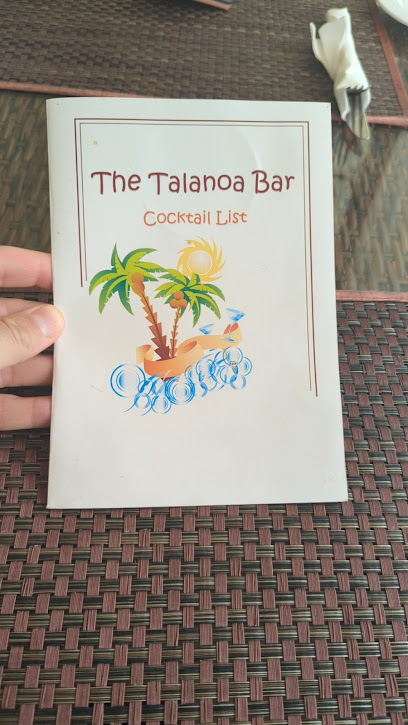
Bula Taste
Discover the lively atmosphere of Bula Taste, a top bar in Sigatoka, Fiji, known for its refreshing drinks and vibrant local culture.
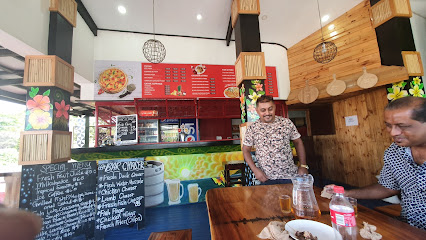
Travel experiences inspired by this city
Explore more travel diariesLocal Phrases
-
- HelloBula
[boo-lah] - GoodbyeSota tale
[soh-tah tah-leh] - YesIo
[ee-oh] - NoSega
[seh-gah] - Please/You're welcomeVinaka
[vee-nah-kah] - Thank youVinaka vakalevu
[vee-nah-kah vah-kah-leh-vu] - Excuse me/SorryTulou
[too-low] - How are you?Kemuni o kila?
[keh-moo-nee oh kee-lah] - Fine. And you?Vinaka. Ia, kemuni?
[vee-nah-kah. ee-ah, keh-moo-nee?] - Do you speak English?Ko sa qai vosa vakaviti?
[koh sah ngai voh-sah vah-kah-vee-tee] - I don't understandAu sega ni kila
[ow seh-gah nee kee-lah]
- HelloBula
-
- I'd like to see the menu, pleaseAu vinakata me vakarogoca na menu, talei
[ow vee-nah-kah-tah meh vah-kah-rohngo-thah nah meh-noo, tah-lay] - I don't eat meatAu sega ni kana ni lewe
[ow seh-gah nee kah-nah nee leh-weh] - Cheers!Vanuinui vinaka!
[vah-noo-ee-noo vee-nah-kah] - I would like to pay, pleaseAu vinakata me vakayagataka, talei
[ow vee-nah-kah-tah meh vah-kah-yah-gah-tah-kah, tah-lay]
- I'd like to see the menu, pleaseAu vinakata me vakarogoca na menu, talei
-
- Help!Veivuke!
[veh-ee-voo-kay] - Go away!Lako tale yani!
[lah-koh tah-lay yah-nee] - Call the Police!Kaciva na Police!
[kah-thee-vah nah poh-lee-thee] - Call a doctor!Kaciva e dua na dokita!
[kah-thee-vah eh ndoo-ah nah doh-kee-tah] - I'm lostAu yali
[ow yah-lee] - I'm illAu bibi
[ow bee-bee]
- Help!Veivuke!
-
- I'd like to buy...Au vinakata me volitaki...
[ow vee-nah-kah-tah meh voh-lee-tah-kee] - I'm just lookingAu tiko ga ni raica
[ow tee-koh ngah nee rye-thah] - How much is it?E vica na ka?
[eh vee-thah nah kah] - That's too expensiveSa levu sara
[sah leh-voo sah-rah] - Can you lower the price?Vakamatea mada na cakacaka?
[vah-kah-mah-tay-ah mah-dah nah thah-kah-thah-kah]
- I'd like to buy...Au vinakata me volitaki...
-
- What time is it?E vica na gauna?
[eh vee-thah nah ngah-oo-nah] - It's one o'clockE dua ga
[eh ndoo-ah ngah] - Half past (10)E le dua na veisiga
[eh leh ndoo-ah nah vay-see-ngah] - MorningYabaki
[yah-bah-kee] - AfternoonMataka
[mah-tah-kah] - EveningVakarau
[vah-kah-rah-oo] - YesterdayNikua
[nee-koo-ah] - TodayNedatou
[neh-dah-toh] - TomorrowNikalou
[nee-kah-loh] - 1Dua
[ndoo-ah] - 2Rua
[roo-ah] - 3Tolu
[toh-loo] - 4Va
[vah] - 5Lima
[lee-mah] - 6Ono
[oh-no] - 7Vitu
[vee-too] - 8Walu
[wah-loo] - 9Ciwa
[thee-wah] - 10Tini
[tee-nee]
- What time is it?E vica na gauna?
-
- Where's a/the...?E vei na...
[eh veh-ee nah] - What's the address?E vei na vakatakilagi?
[eh veh-ee nah vah-kah-tah-kee-lahng-ee] - Can you show me (on the map)?Vakatakilagi mada, rawa?
[vah-kah-tah-kee-lahng-ee mah-dah, rah-wah] - When's the next (bus)?E vei na mataka e muri?
[eh veh-ee nah mah-tah-kah eh moo-ree] - A ticket (to ....)E dua na tiketi (ki ...)
[eh ndoo-ah nah tee-keh-tee kee]
- Where's a/the...?E vei na...
History of Sigatoka
-
Sigatoka, a town located on the island of Viti Levu, has a rich history that traces back to its early settlement by the indigenous Fijian people. The area is known for its fertile valley and abundant natural resources, which attracted early settlers. The indigenous culture in Sigatoka is deeply rooted in traditional practices, ceremonies, and a strong sense of community. The local Fijian clans, or 'yavusa,' have played a significant role in shaping the cultural landscape of Sigatoka.
-
The Sigatoka Sand Dunes are one of Fiji's most significant natural and archaeological sites. These dunes, formed over thousands of years by wind and wave action, have revealed a treasure trove of artifacts, including pottery, tools, and human remains. They provide valuable insights into the lives of Fiji's early inhabitants. The dunes are also a protected national park and a place of cultural and historical importance for the Fijian people.
-
The history of Sigatoka took a dramatic turn with the arrival of European explorers in the 19th century. The first recorded European to visit Fiji was Dutch explorer Abel Tasman in 1643, followed by British explorer Captain James Cook in 1774. These encounters marked the beginning of increased contact between the indigenous Fijians and Europeans, leading to significant cultural exchanges and eventual colonization.
-
Sigatoka, like the rest of Fiji, came under British colonial rule in the late 19th century. This period saw the establishment of plantations, particularly sugarcane, which became a major economic driver. The British introduced new administrative structures, legal systems, and infrastructure development. However, colonial rule also brought challenges, including land disputes and cultural changes that affected the indigenous way of life.
-
Fiji gained independence from British rule on October 10, 1970. Post-independence, Sigatoka has seen significant development and modernization. The town has grown into a vibrant hub with a mix of traditional Fijian and contemporary influences. Agriculture, particularly the cultivation of vegetables and root crops, remains a key part of the local economy. Tourism has also become an important sector, with visitors drawn to Sigatoka's natural beauty, historical sites, and cultural heritage.
-
Sigatoka is known for its vibrant cultural festivals and traditions, which reflect the town's rich heritage. Events such as the Bilibili Race, held on Fiji Day, showcase traditional bamboo rafting and community spirit. Other cultural practices, including traditional Fijian dance, music, and crafts, are celebrated throughout the year. These festivals offer a glimpse into the enduring cultural traditions of the Fijian people and their importance in the community.
Sigatoka Essentials
-
Sigatoka is located on the Coral Coast of Viti Levu, the largest island in Fiji. The most convenient way to get there is by flying into Nadi International Airport, which is about 70 kilometers away. From Nadi, you can take a taxi or rent a car for the approximately 1.5-hour drive to Sigatoka. Alternatively, some resorts offer shuttle services. Public buses also run between Nadi and Sigatoka, providing a budget-friendly option.
-
Within Sigatoka, getting around is relatively easy. Taxis are readily available and can be hailed from the street or booked in advance. Renting a car is also an option, especially if you plan to explore the surrounding areas at your own pace. Public buses are a cost-effective way to travel and connect Sigatoka with neighboring towns and cities. Walking is a pleasant option for short distances, particularly within the town center.
-
The official currency in Fiji is the Fijian Dollar (FJD). Credit cards are widely accepted in hotels, restaurants, and larger shops, but it's always a good idea to carry some cash for smaller establishments and local markets. ATMs are available in Sigatoka, so you can easily withdraw cash as needed. Currency exchange services are also available at banks and some hotels.
-
Sigatoka is generally a safe destination for tourists. However, it is advisable to take standard precautions. Avoid walking alone at night in unfamiliar areas and keep an eye on your belongings in crowded places, such as markets. While Sigatoka does not have specific high-crime areas targeting tourists, it's always best to stay vigilant and aware of your surroundings.
-
In case of emergency, dial 911 for immediate assistance. Sigatoka has a local police station and medical facilities available. It is recommended to have travel insurance that covers medical emergencies. For minor health issues, there are pharmacies in the town where you can purchase over-the-counter medications. Be sure to know the location of the nearest hospital or clinic from your accommodation.
-
Fashion: Do dress modestly, especially when visiting villages and religious sites. Avoid wearing overly revealing clothing. Religion: Do respect local customs and traditions. Always remove your shoes before entering someone's home or a place of worship. Public Transport: Do be courteous and give up your seat to elderly passengers. Don’t eat or drink on public transport. Greetings: Do greet people with a friendly 'Bula!' (hello). A handshake is also common. Eating & Drinking: Do try local delicacies and accept food offerings graciously. Don’t refuse hospitality, as it is considered impolite.
-
To experience Sigatoka like a local, visit the Sigatoka Market where you can buy fresh produce and traditional Fijian goods. Engage with locals, as they are often friendly and willing to share stories about their culture and history. Don’t miss the Sigatoka Sand Dunes, a National Park that offers stunning views and a glimpse into Fiji's archaeological past. For a unique experience, try a river safari along the Sigatoka River, which provides an immersive look at local village life.
Trending Landmark in Sigatoka
-
OUTRIGGER Fiji Beach Resort
-
Sri Siva Subramaniya Swami Temple
-
Sigatoka Market
-
Garden of the Sleeping Giant
-
Kula WILD Adventure Park
-
Fiji Hideaway Resort and Spa
-
Sigatoka Sand Dunes National Park - Visitor Information Center
-
Sabeto Hot Spring Mud Pool and Tours
-
Koroyanitu National Park
-
Gecko's Resort
-
The Crow's Nest Resort
-
Tambua Sands Beach Resort
-
Diveaway Fiji
-
Sigatoka River Safari
-
Shivas Wine & Dine
Nearby Cities to Sigatoka
-
Things To Do in Nadi
-
Things To Do in Labasa
-
Things To Do in Ba
-
Things To Do in Lautoka
-
Things To Do in Savusavu
-
Things To Do in Suva
-
Things To Do in Nausori
-
Things To Do in Rakiraki
-
Things To Do in Levuka
-
Things To Do in Kolovai
-
Things To Do in Vava'u
-
Things To Do in Ha'apai
-
Things To Do in Nuku'alofa
-
Things To Do in Pangai
-
Things To Do in Foa









